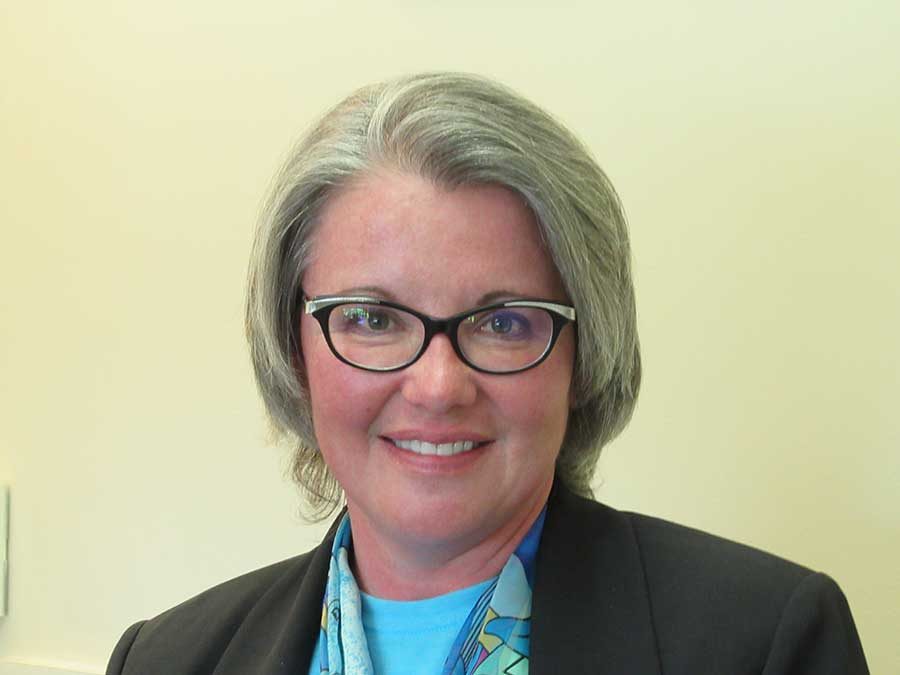Restorative Justice concentration may move online as a major for NVU-Johnson students
Bobbi Jo Carter
If all goes according to plan, the troubled NVU-Johnson Criminal Justice -Restorative Justice concentration will be migrating to an online format in the near future following several years of attempts to achieve a sustainable campus-based model.
“We are currently exploring the possibility of putting CRJ –Restorative Justice online, so nothing is definite yet,” says Bobbi-Jo Carter, associate dean of distance education. “Should it go through, the program will be managed as are all online programs. NVU faculty establish the curriculum for the program, including the learning objectives of each course and all outcomes.”
The restorative justice concentration has a storied history at NVU-Johnson. “The process of bringing this program to Johnson began four years ago at the request of the admissions department because students like this degree and are interested in receiving it,” says David Plazek, Associate Professor of Humanities. “There’s apparently a lot of criminal justice online programs out there and so we know it can be successful.”
Restorative Justice on the Johnson campus never achieved the status of a full-blown major, being instead a concentration under the auspices of both the Political Science and Behavioral Sciences (Anthropology) degree programs. That is now set to change.
According to the administration, should Restorative Justice go online at NVU-Johnson, the intent is that students on the Johnson campus will have the benefits of a free-standing major in Criminal Justice – Restorative Justice, as is now the case on the Lyndon campus, which offers it as a campus-based program.
According to Carter, NVU Online seeks to put NVU programs online when there is a clear indication that there is demand for these programs in an online format and when the online delivery of the program aligns with and furthers the mission of the University and the VSCS.
Once the program and curriculum are established, NVU Online does a search for the best instructors to teach the courses. Instructors all have graduate-level credentials and professional experience in their field. “We have instructors from Vermont and around the country,” says Carter.
“This degree is currently only offered at the NVU-Lyndon campus,” says Carter. “Through NVU Online, however, NVU can now deliver this program that combines the strengths of Lyndon’s B.S. in CRJ with the newly adopted concentration in restorative justice.”
According to Carter, this will allow NVU to take advantage of the growing popularity of online criminal justice programs by providing a highly sought-after degree but with a specialization in restorative justice that differentiates the program from all other CRJ programs in the country.
Carter also notes other tangible benefits of this program.
The first is alignment with the Vermont State Colleges System’s strategic goal regarding serving more working-age Vermonters. Specifically, to “Improve and expand flexible and online delivery of programs across the VSCS to increase the number of degree programs available to students statewide.”
The second is alignment with the state of Vermont’s “70x2025vt” initiative, which aims to have 70 percent of Vermonters possessing a postsecondary degree or credential of value by the year 2025.
The third is meeting market demand. Projected career growth 2014-2024 for CRJ careers is 4-5 percent annually, with many now requiring a bachelor’s degrees as a minimum requirement.
According to Plazek, the program will be under the direction of Brandon Stroup, who is “the hub of the criminal justice major at Lyndon.”



